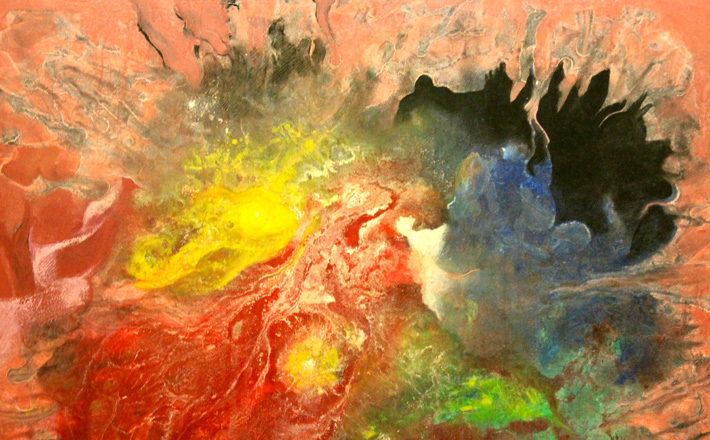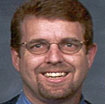Commentary on Psalm 147:12-20
One sure way to doom yourself as a preacher is to make a habit of beginning your sermons by quoting the commentaries.
After all, Bible commentaries provide background information; such information does not necessarily preach, especially when quoted verbatim. The more recent the commentary, the more this observation holds true. On the other hand, occasionally quoting a commentary can be good shtick, particularly if the commentary is older, reflecting perhaps an outdated understanding of a text, but proclamatory nonetheless.
With that, here’s an example of an “allegorical” interpretation of Psalm 147:12-14 from Matthew Henry’s Exposition of the Old and New Testaments (1708-1710):
“Jerusalem and Zion must praise God. For the prosperity and flourishing state of their civil interests [and for] their common safety. They had gates, and kept their gates barred in times of danger; but that would not have been an effectual security to them if God had not strengthened the bars of their gates and fortified their fortifications. The most probable means we can devise for our own preservation will not answer in the end, unless God give his blessing with them; we must therefore in the careful and diligent use of those means, depend upon him for that blessing, and attribute the undisturbed repose of our land more to the wall of fire than to the wall of water round about us.”
Yes! A firewall!
Or try Luther on for size. In this classic bit, Luther uses Psalm 147:12 as a jumping-off point for a lengthy lament regarding human inability to give God thanks and praise:
“It is a great shame, if we are still capable of being ashamed, that, like sluggards, we must be goaded into giving thanks or, like sleepers, be shaken into an awareness of it, and that these gifts must be counted off, named, and pictured to us. We are daily so overwhelmed by them and use them so constantly that we really ought to goad and admonish ourselves to thanksgiving without psalms and outside reminders, being moved, enticed, and inspired by the gifts themselves. But this does not happen. One must sing and blow at us to impress on us that we ought to praise the Lord, and even the words must be prefabricated and put into our mouths, as this psalm does. But still our flabby flesh will not be moved to such easy, delightful, and happy works and to such a pleasant service of God. Shame on us that we are not shocked or do not blush every time we hear or read a verse in the Psalms!” (From Martin Luther’s 1531 Commentary on Psalm 147:12. Luther’s commentary on the entire pericope is found in LW 14:109-134.)
General bluster about human indolence and ingratitude notwithstanding, I suppose a word about the content of the Psalm itself is in order.
As with so many other Psalms, Psalm 127 has Jerusalem/Zion on its mind. The first half, verses 1-11 (not included in this reading), invokes Jerusalem and God’s power to build it up (again) to gather the outcasts from diaspora, to mend the hearts of the broken and lift up the downtrodden. (See also Psalm 146:5-10, Isaiah 61:1-4, Matthew 11:1-6, and Luke 4:16-21.) As part of remembering what God has done to bring the people back from exile and rebuild the temple, the Psalmist connects those historic events to God’s mighty deeds as found throughout the creation. Verses 12-20 — the second half — repeats the strategy, again connecting God’s work to restore Zion’s fortunes with God’s creative and renewing work as one encounters it in natural wonders like snow and frost and hail, blowing wind an flowing water. (If it’s going to be a chilly weekend, consider quoting verse 17b: “Who can stand before [t]his cold?”)
Finally, the brave preacher might consider pointing out a problem (or at least, an irony) inherent in this passage:
12Praise the Lord, O Jerusalem! Praise your God, O Zion!
13For he strengthens the bars of your gates; he blesses your children within you.
14He grants peace within your borders; he fills you with the finest of wheat.
If history has demonstrated anything empirically and with precision, it’s the fact that, since the time Psalm 147 was first sung within its walls, Jerusalem’s gates have fallen over and over, the children within have endured waves of suffering and death, its stores have been laid to waste, and peace within (and without) its borders has been fleeting if not absent completely. In light of its troubled, bloody history, the Psalm serves less as a description of the state of things and more as a hope and a prayer that if God can bring peace once, God can do it again. In the meantime, to begin to grasp just how much Jerusalem has been a place of on-going conflict for three millennia, consider adding Simon Sebag Montefiore’s Jerusalem: The Biography (2011) to your Christmastime reading list.


January 5, 2014